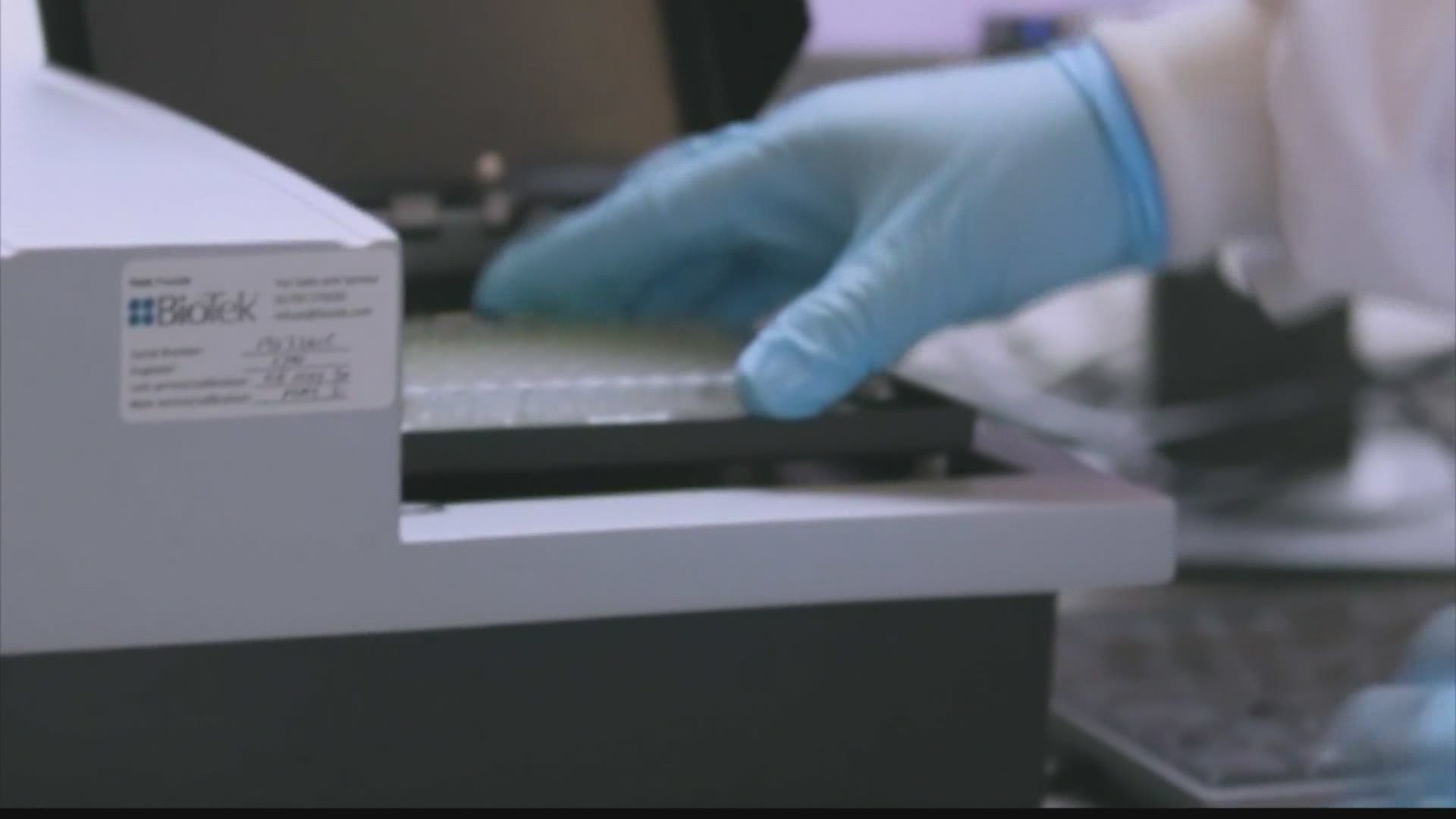HUNTSVILLE, Ala. — "It's frustrating with these patients, it's frustrating because it takes a long time for them to get better. And it's one thing if you have one, or two or three people that you're concentrating on and working on over a few weeks or two weeks but when you have a whole unit of patients, you know, some get better, then the ones that you're thinking of - get worse and you go to the ICU's and you're doing all these things and you're doing this without families, it gets difficult," said Dr. Jason Smith, MD, Director of Medical ICUs at Huntsville Hospital.
There are many negatives that have come along with the COVID-19 virus, but there is a bright side among all the darkness.
"The positives are the vaccine, they offer us a way to get out of this, and I think they offer us THE way to get out of this. That way we don't have to talk about families can't come in the hospital, that way we don't have to talk about churches, that way we don't have to talk about bars or not eating dinner with your family, all the insanity things we've been talking about. It all goes away with the vaccine," said Smith.
There are a lot of questions and even doubts when it comes to the vaccine, Smith lays out what the two doses of the vaccine do to your body.
"They're both what they call messenger RNA vaccines, and the English to that is, they give the cells a signal, thus giving your body the chance to make antibodies against it and start fighting. That's the first part, the second part is, when we go to war and they give it to you again, and then your body has already got an immune stimulation and you should get a full immuno-response to that, thus building your immunization to it and having circulating antibodies, that's the whole role, so you're not getting the virus," said Smith.
The most common side effect is soreness at the injection sight, and for the second dose people may feel fatigue or weakness, like when you get the flu shot and some may even get a headache. These symptoms are said to go away within 24 hours and it's not the virus that makes people feel these ways because the vaccine does not actually contain the live virus, it's the immune response to the vaccine.

